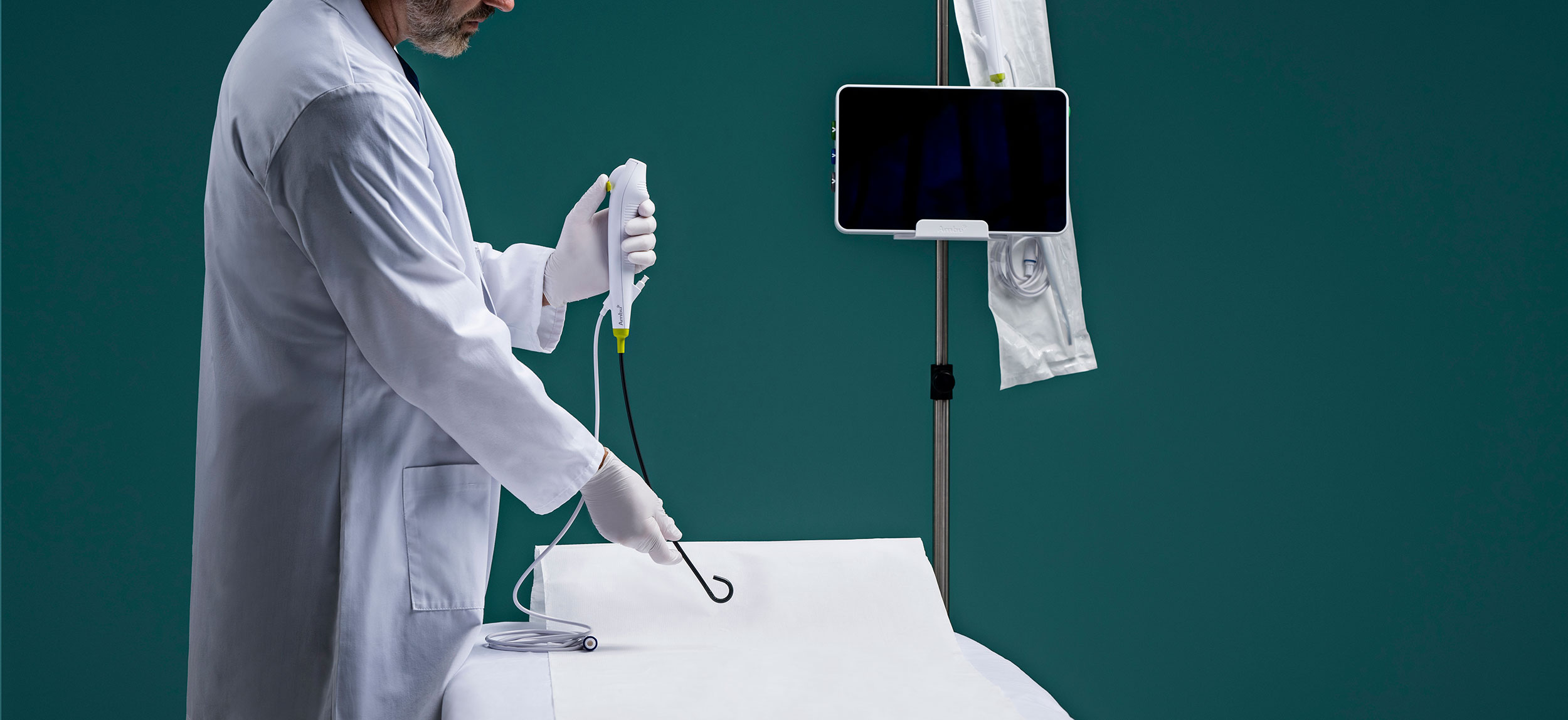
Update: The U.S. Multi-Society Task Force on Colorectal Cancer updated its screening recommendations Nov. 15 to suggest screening for average-risk individuals aged 45 to 49. The task force last published recommendations in 2017.
The U.S. Preventive Services Task Force (USPSTF) announced individuals should begin screening for colorectal cancer as young as age 45. And the GI community is celebrating.
🎉 Breaking news 🎉 The USPSTF has officially lowered the recommended age to begin #CRC screening to age 45! Check out our editorial in @JAMA_current below! @DFarberYoungCRC @DanaFarber @DanaFarberNews @drfolamay https://t.co/CsIhLdop4A
— Kimmie Ng (@KimmieNgMD) May 18, 2021
📣📣 News alert 📣📣
— Amy Oxentenko MD (@AmyOxentenkoMD) May 19, 2021
45 is the new 50‼️😳#USPSTF recommends #CRCScreening at age 45!
Are you up-to-date❓https://t.co/7U7yzU0y1a@AmCollegeGastro @AmerGastroAssn @ASGEendoscopy https://t.co/HcJfYBpHU2
Big news: #USPSTF just published guidelines w/ #coloncancer screening starting at age 45. AGA & GI societies fully support this decision. Incoming pres @InadomiJ: “we expect this important change to save lives and improve the health of the US population.” https://t.co/UgUMIHCJUc
— AGA (@AmerGastroAssn) May 18, 2021
This is such great news! Many of us have been advocating for this for a LONG time. #colorectalcancer #CRCScreening @CNN @UIHealth #GetYourColonoscopyhttps://t.co/0a2svxxU54 pic.twitter.com/4Ce41XjlgA
— Shikha (#AmericaMaskUp) Jain MD, FACP (@ShikhaJainMD) May 18, 2021
The new guidance from the USPSTF comes on the heels of an announcement from the American College of Gastroenterology, which updated the society’s recommendation for screening to begin at 45 in March. The American Cancer Society also recommends screening begin at 45.
Previous recommendations called for screening to start at age 50, but a growing number of early-onset cases of colorectal cancer drove the new recommendations, according to the USPSTF statement.
Thanks to the official recommendation, most private insurance companies will now cover the screening at the younger age.
"The implication is that for many people, there'll be less of a barrier to getting screened aged 45 to 49," Dr. Michael Barry, vice chair of the task force, told CNN after the statement was released.
Barry also told CNN there may be a time lag before insurance coverage kicks in.
Colorectal cancer — America’s second-deadliest cancer — is considered a preventable disease because of the effectiveness of early detection and removal of precancerous lesions with colonoscopy. Unfortunately, according to the USPSTF statement, about a third of adults with access to screening do not take advantage.
The primary method for colorectal cancer screening is colonoscopy, and has been since 2000. The USPSTF statement noted that further research is needed on the effectiveness of non-invasive screening methods.


